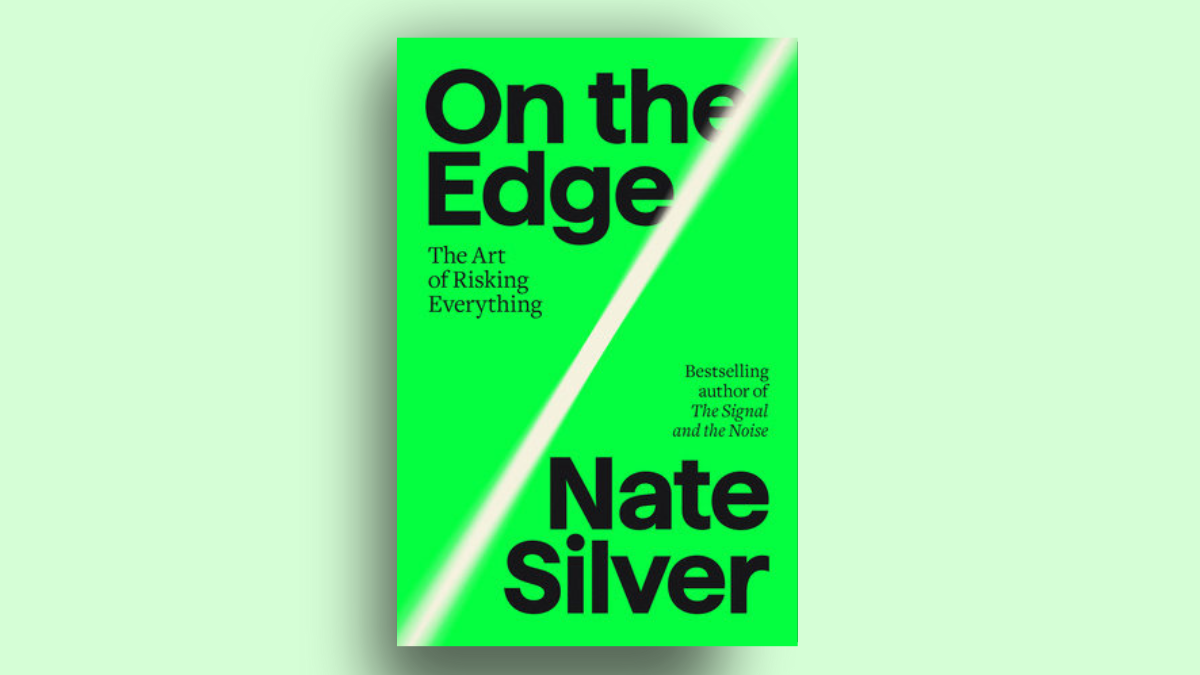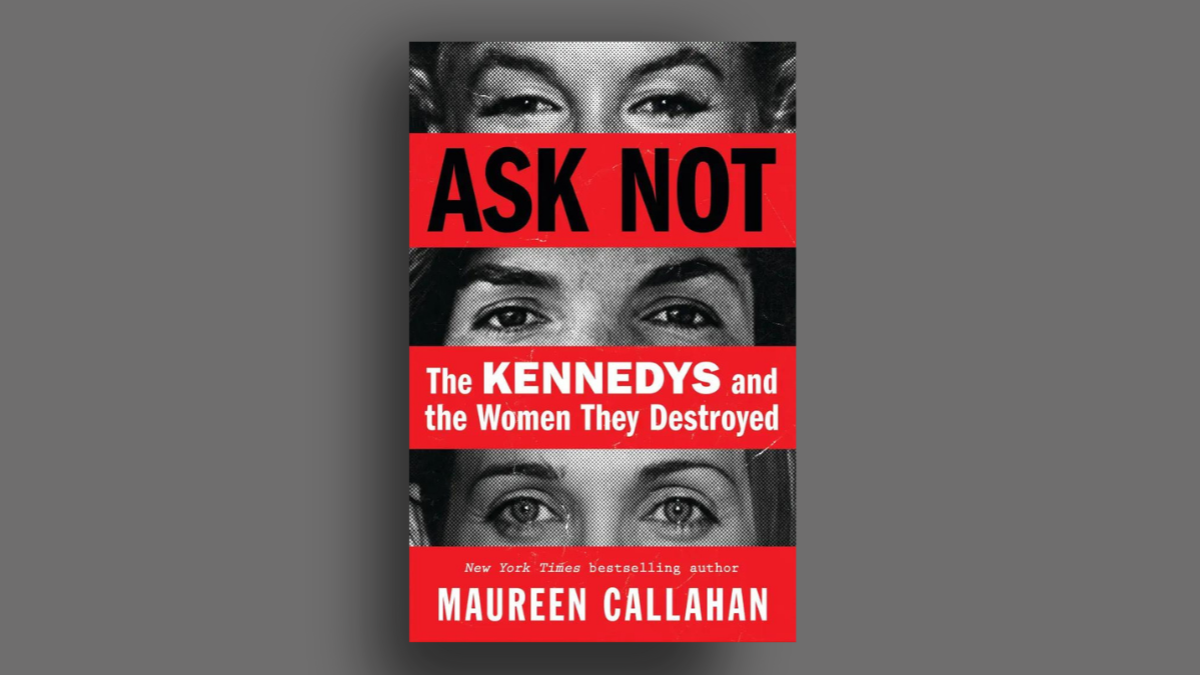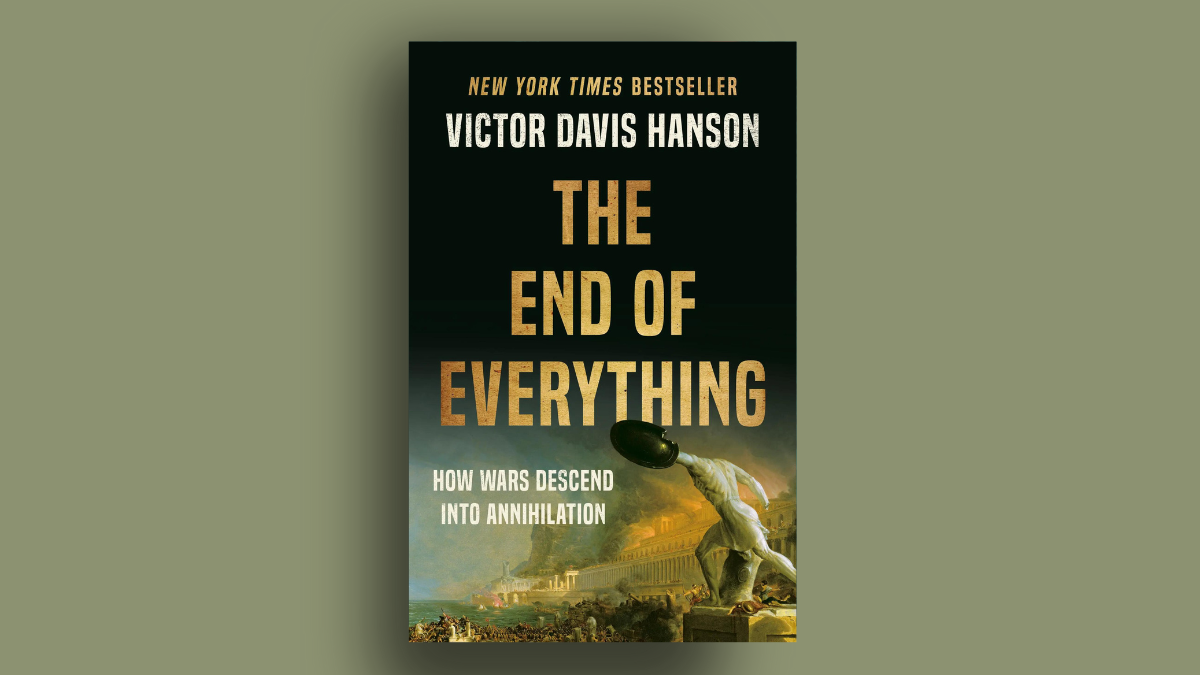
Has Maine’s main man of letters become a politically correct, sentimental scribbler coasting on name recognition? Has Stephen King gone soft?
It sounds harsh, but the question has to be asked, particularly after King’s April 21 release of four novellas entitled If It Bleeds. The four tales within, “Mr. Harrigan’s Phone,” “The Life of Chuck,” “If It Bleeds,” and “Rat” aren’t exceptionally terrible, but they also aren’t particularly terrifying, interesting, or, well, anything, apart from “The Life of Chuck,” a thought-provoking and compelling read.
Overall, If It Bleeds is like a plate of spaghetti slathered with plain Dollar Store tomato sauce and no spices, parmesan cheese, or salt – although there is plenty of unbelievable cheesiness in this latest collection of King’s capers. You keep waiting for the spookiness to hit you, but instead, you just come across passages about a maudlin writer’s wife berating him for “mansplaining” and a callback story about PI Holly Gibney — nicknamed “Hollyberry” — who spends half of it stressing about her troubled relationship with her mom.
Hard pass. If It Bleeds is basically bleeding-heart blather.
The title story is about the strange case of an attack on a school that isn’t what it turns out to be, but King takes it in a predictable direction and snooze-worthy conclusion, while “Mr. Harrigan’s Phone” is an embarrassing exploration of our addiction to technology that reads like a passage from an old Goosebumps book. “Rat” is about a writer with writer’s block who makes a Faustian deal with a … well, rat.
How many of King’s books have been about struggling writers? I have lost count. The characters in If It Bleeds are an aspiring screenwriter who becomes a journalist, a high school English literature teacher, a boy who loves reading mysteries and becomes an accountant, a private investigator with a fondness for old films, and a struggling writer addicted to cough medicine.
In his book On Writing, King advises to write what you know from experience, especially something many others would not know. So, he tends to write about writers – fair enough. The problem is that it starts to become tiresome and repetitive. Another writer, another lover of letters, another highly observant yet folksy New England narrator ready to pepper your pages with wry observations and literary references – it just gets old.
The sole standout in If It Bleeds, “The Life of Chuck,” examines existential questions of identity and destiny while the world implodes and California sinks into the ocean. “The Life of Chuck” at least has some emotionally compelling moments that approach profundity as King examines the nature of personal experience, identity, and memory. Another unique touch is that the narrative moves backwards in time rather than forwards.
“Rat” works better as a dark comedy than a half-baked horror story, but even as a dark comedy it doesn’t get much mileage. Rather than amusing, it’s indulgent and a bit too on-the-nose to hear Jonathan Franzen name-checked by a self-pitying writer having a debate about writing with a rodent during a snowstorm.
The problem with If It Bleeds is not that it isn’t scary enough. Indeed, King is known as much for rousing nostalgia and Americana in novels like Different Seasons and Hearts in Atlantis as he is for the frightening otherworldliness of The Stand, Tommyknockers, The Shining, and Misery or the compelling, suspense-filled events of The Green Mile and Needful Things. The problem with If It Bleeds is that most of it reads like bland, copy-pasted crud.
If It Bleeds lacks the poignancy of King’s more reflective work and the chills of his spine-tinglers. It’s not that King isn’t clearly still a talented writer, it’s that throughout this book his acerbic skills of observation and dialogue are faint echoes of his better work – you know he’s capable of much more than coasting on his reputation.
A vital spark and suspense is simply missing in If It Bleeds, similarly to King’s other recent 2019 offering The Institute, which began with an intriguing premise and plot set-up but quickly descended into a boring, embarrassingly derivative redux of Stranger Things and a pale echo of his past opuses. (In fairness to King, Stranger Things is nakedly derivative of his own work in many ways.)
Despite the mainly glowing reviews King has received at numerous outlets for If It Bleeds, somebody has to tell the truth: His writing is becoming seriously disappointing. There’s no real suspense, no atmospheric crackle, none of the real mystery and tragedy of King’s 1980s and 1990s work or even his relatively more recent writing like 2015’s Finders Keepers – even if that work was also about another troubled writer.
Although some negative reader comments on If It Bleeds have zeroed in on King for throwing in a few anti-Trump comments and disparaging remarks about right-wingers, that isn’t the problem with this collection: The problem is it’s lousy. Apart from “The Life of Chuck,” this collection is bland filler that does not deserve to be purchased or read by anyone.
If It Bleeds is money-back bad. It is so bad you almost feel embarrassed and humiliated on King’s behalf for writing it, despite his worth at an estimated $400 million. If It Bleeds envelops the reader in a suffocating, slow-motion blanket of nauseating ennui. Rather than being scary or interesting, it is made up for the most part of dispiriting clichés and barely-tolerable drivel.
At one point in If It Bleeds, one of the characters observes, “The world is going down the drain and all we can say is ‘that sucks?’ So, maybe we’re going down the drain, too.”
As reader, I couldn’t help but agree with the sentiment – but not for any of the reasons King intended.









